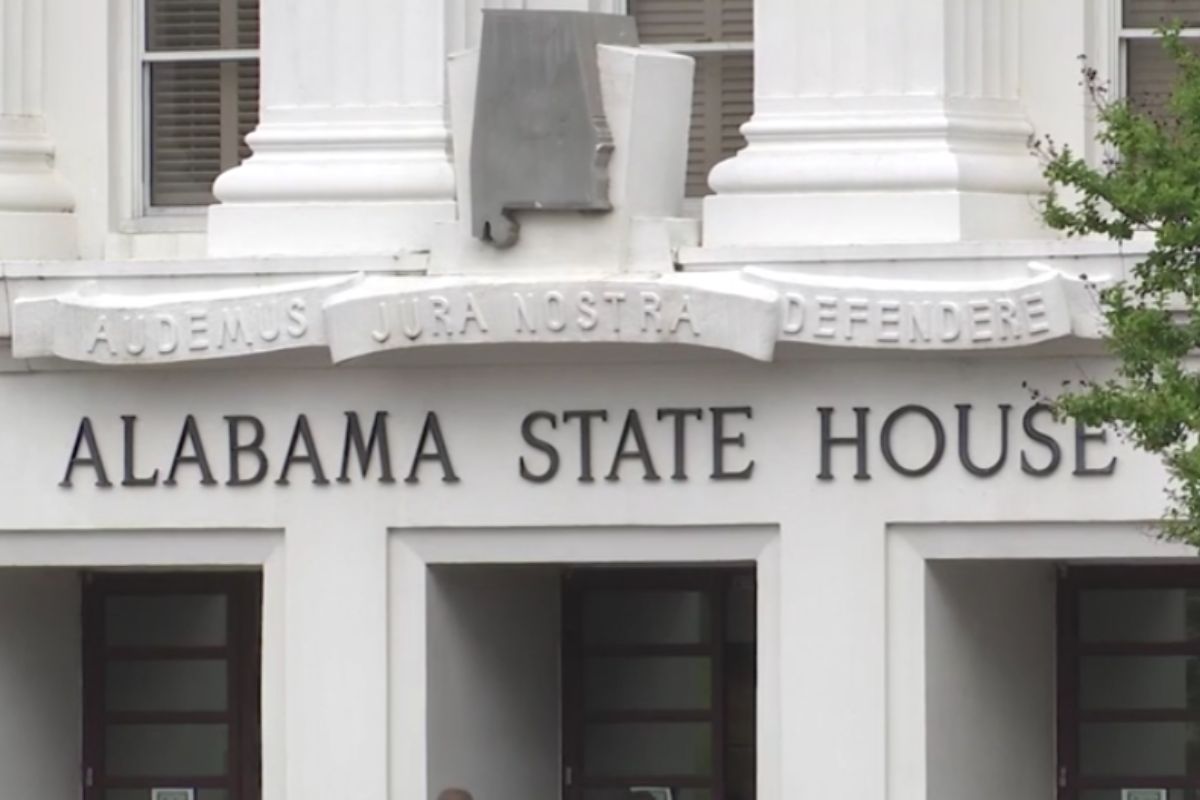New School Choice Bill in North Alabama: The introduction of the CHOOSE Act in North Alabama has sparked a wave of responses from parents across the region. As the implications of this new school choice bill begin to unfold, parents find themselves at a crossroads, weighing the potential benefits against their concerns.
With the promise of increased flexibility and options for their children’s education, some are applauding the initiative. However, others express reservations about the broader impact on the quality and accessibility of education in the area.
The voices of these parents shed light on the complexities and nuances of this evolving educational landscape in North Alabama.
Introduction of the CHOOSE Act in Alabama
The introduction of the CHOOSE Act in Alabama marks a significant shift in education policy, offering parents the opportunity to use tax dollars to enroll their children in schools of their choosing, whether public or private. This new legislation, now officially a law in Alabama, aims to empower parents by providing them with the ability to select the most suitable educational environment for their children. By allowing tax dollars to follow students to their chosen schools, the CHOOSE Act opens up new possibilities for families seeking alternatives to traditional public education.
While proponents of the school choice bill view it as a positive step towards increasing options and flexibility for families, there are concerns about the potential impact on public school funding. Some worry that diverting tax dollars to private schools could strain resources for public education institutions, leading to disparities in funding and educational quality. As the CHOOSE Act takes effect, it will be crucial to monitor its implementation and evaluate its impact on both public and private schools in Alabama.
Implementation and Impact of the CHOOSE Act
With the implementation of the CHOOSE Act in Alabama, a new era of educational choice and flexibility is unfolding for families in the state. The introduction of Education Savings Accounts (ESA) under this act is a groundbreaking initiative. Families seeking to enroll their children in private schools can receive up to $7,000 per child, while those opting for homeschooling can access funds of up to $2,000 for one child and $4,000 for a second child.
Governor Kay Ivey’s approval of the measure includes allocating $100 million from Alabama’s Education Trust Fund towards this program. Initially, eligibility for the first two years is limited to families earning up to 300% of the federal poverty line, approximately $76,000 for a family of three. This targeted approach ensures that those who may benefit most from additional educational options have access to this financial support, potentially reshaping the landscape of education in Alabama.
Reactions and Concerns Surrounding the CHOOSE Act
Parents and advocates are expressing a mix of perspectives regarding the implications of the CHOOSE Act on public education in Alabama. Amy Billings, a parent in the Tennessee Valley, acknowledges both the positives and negatives of the new law. On the other hand, Allison King from the Alabama Education Association raises concerns about the potential financial repercussions on public schools in the state. With Alabama already holding the 7th lowest public school education rating in the nation, there is apprehension that the CHOOSE Act could exacerbate the existing challenges.
While some parents see school choice as a way to tailor their child’s education to individual needs, opponents worry about the impact on the broader public education system. The fear is that diverting funds through vouchers and scholarships could strain resources further, leading to a decline in the quality of education offered by traditional public schools. As the debate continues, it remains crucial to consider the long-term effects of such legislation on the overall educational landscape of Alabama.
News in Brief
The CHOOSE Act’s introduction in North Alabama sparks varied parental responses. The bill allows tax dollars to fund private and homeschool options, drawing praise for flexibility but concerns about public school funding. Governor Kay Ivey allocates $100 million from Alabama’s Education Trust Fund for the initiative.
Proponents tout increased choice, while opponents fear strains on public schools. Amy Billings acknowledges benefits but sees drawbacks, while Allison King of the Alabama Education Association worries about funding repercussions. The act’s impact on Alabama’s education landscape remains a subject of debate as families navigate their options.
ALSO READ: CHOOSE Act Falls Short: Students, Teachers Demand More

